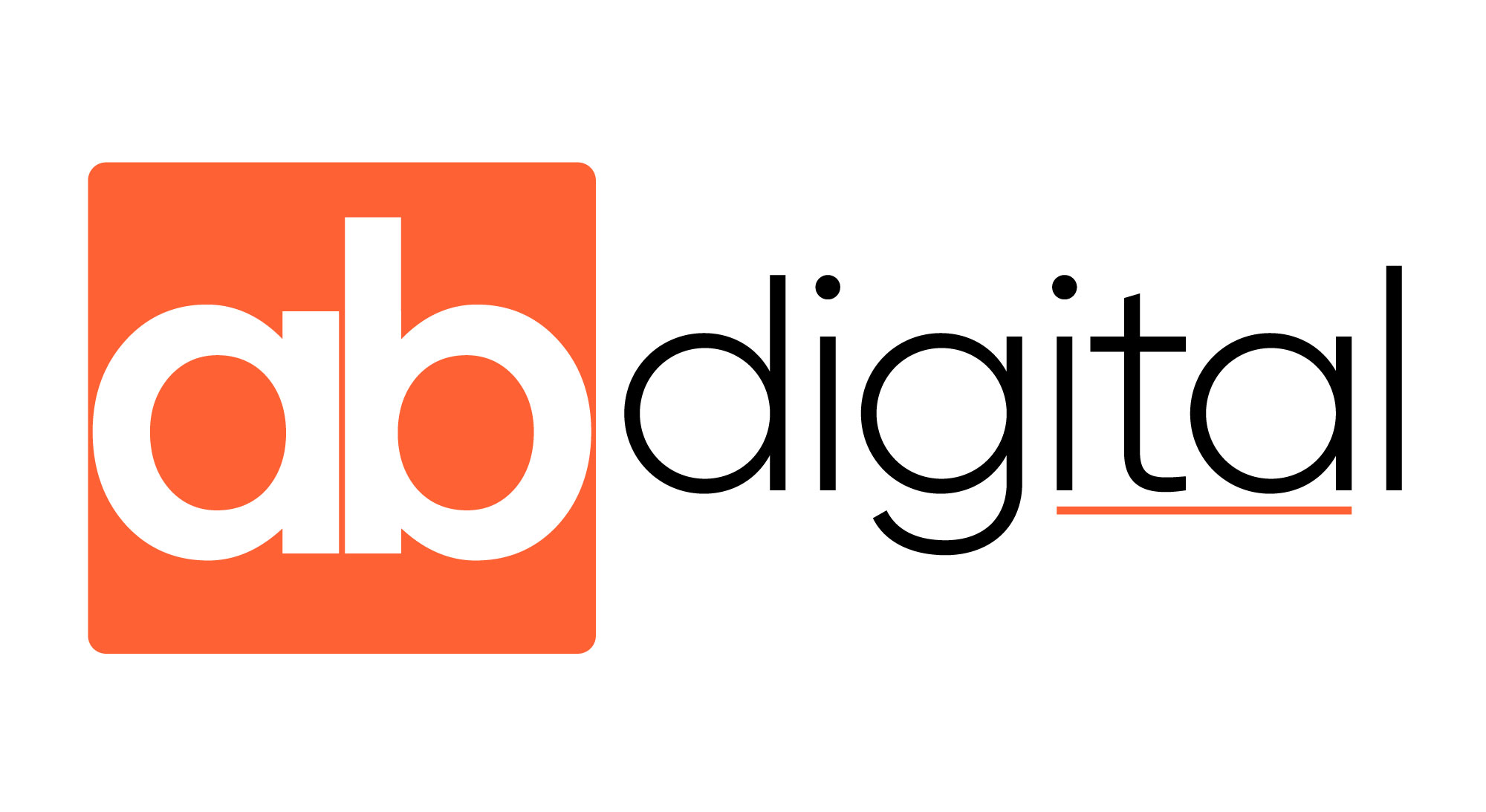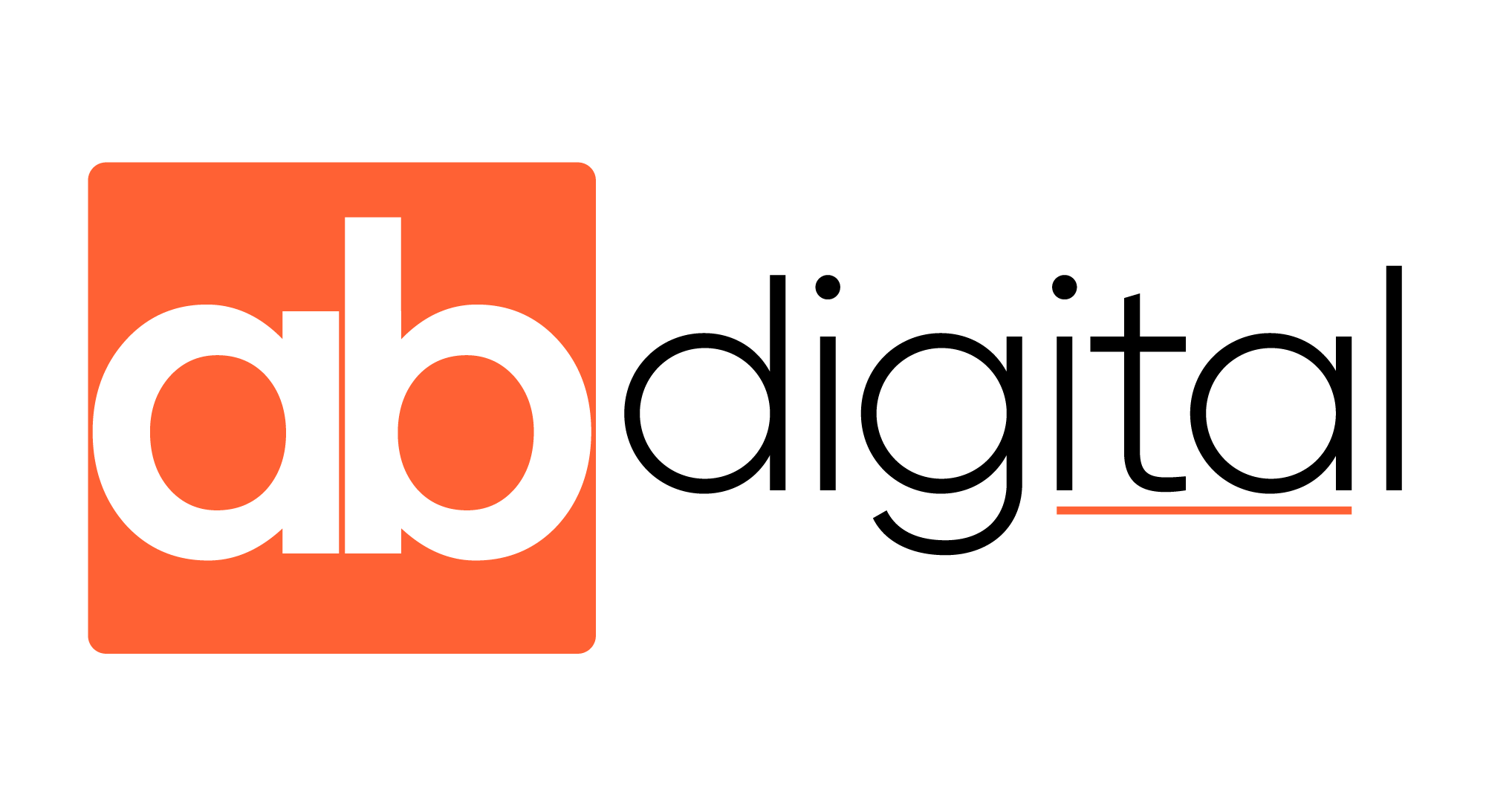In the vast landscape of digital marketing, understanding the roles and synergies of Google Analytics, Google Tag Manager, and Google Search Console is akin to possessing the keys to an insights-driven kingdom. Let’s delve into the specifics of each tool, unveil their unique purposes, and explore how their harmonious integration can propel your digital strategy to new heights.
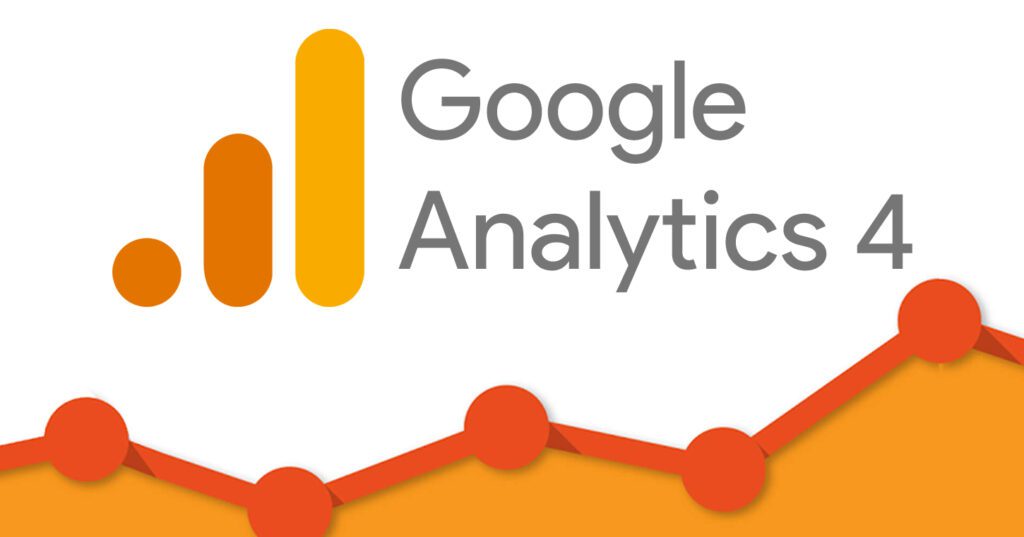
Google Analytics: Illuminating User Behavior and Insights
What is Google Analytics?
– Google Analytics (GA) is the cornerstone for tracking and analyzing website traffic.
– It provides a comprehensive view of user behavior, engagement, and conversion metrics.
– GA allows you to gain insights into how users interact with your site, from the pages they visit to the actions they take.

Examples of What You Can Do:
- Audience Analysis:
- Understand the demographics, interests, and location of your website visitors.
- Behavior Analysis:
- Track the most popular pages, average session duration, and user flow.
- Conversion Tracking:
- Measure the effectiveness of your goals, such as form submissions or product purchases.
Best Practices:
- Regularly review audience demographics and behavior reports.
- Leverage UTM parameters to track the effectiveness of different marketing campaigns.
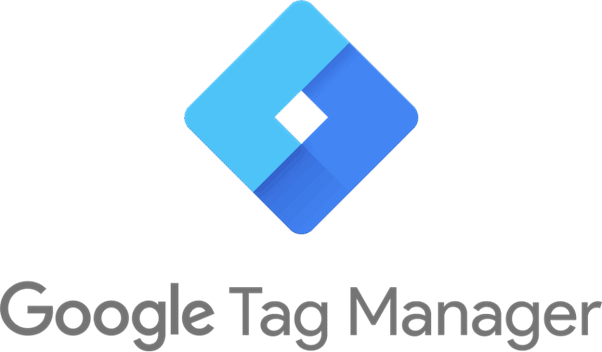
Google Tag Manager: Streamlining Tag Deployment
What is Google Tag Manager?
– Google Tag Manager (GTM) is a powerful tool that simplifies the process of adding and managing tags on your website without manual coding.
– Tags are snippets of code that gather data for analytics and marketing.
– GTM streamlines the implementation of these tags, providing a centralized platform for managing various tracking codes.
Examples of What You Can Do:
- Easy Tag Implementation:
- Add and update tags without requiring developer intervention.
- Event Tracking:
- Track specific user interactions, such as clicks on buttons or downloads.
- Third-Party Integrations:
- Seamlessly integrate tags from various platforms, like Facebook Pixel or LinkedIn Insight Tag.
Best Practices:
- Use GTM for centralized tag management across various platforms.
- Implement version control to track changes and roll back if necessary.
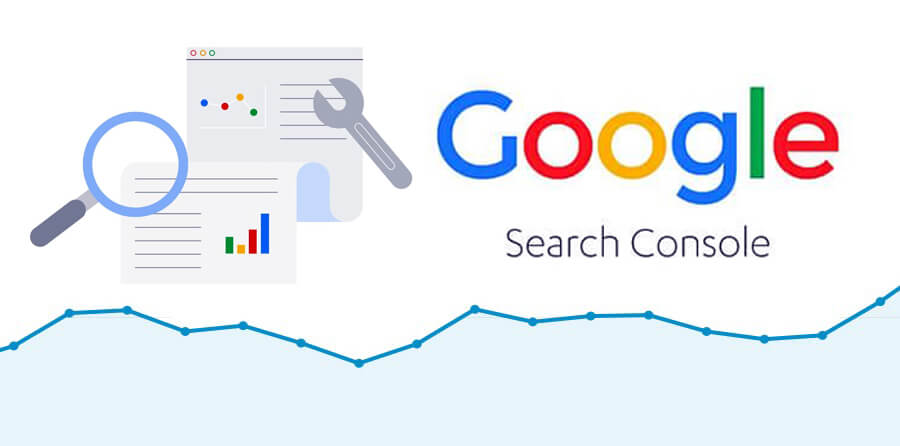
Google Search Console: Revealing SEO Insights
What is Google Search Console?
– Google Search Console (GSC) is an invaluable tool that provides data and insights related to how your website performs in Google Search results.
– It helps you understand how Google sees your site and provides actionable information to improve your site’s visibility.
Examples of What You Can Do:
- Performance Analysis:
- View queries, clicks, impressions, and click-through rates for your site.
- Index Coverage:
- Identify issues preventing Google from indexing specific pages on your site.
- Mobile Usability:
- Ensure your site is mobile-friendly with insights into usability on various devices.
Best Practices:
- Regularly check the Index Coverage report for insights into indexed pages.
- Utilize the Performance report to identify high-performing and underperforming pages.
Combining Forces: Maximizing Insights with Integration
- Link Google Analytics with Google Search Console:
- Integrate GA and GSC to unlock SEO data directly in your GA reports.
- Utilize Google Tag Manager with Google Analytics:
- Streamline the implementation of GA tags using GTM for enhanced control.
- Implement Cross-Domain Tracking:
- Enable cross-domain tracking in GA for accurate user journey analysis.
Best Practices:
- Ensure consistent naming conventions across GA, GTM, and GSC for clarity.
- Regularly audit your configurations to maintain accuracy and relevance.
Recommendations: Elevating Your Digital Presence
- Stay Updated:
- Regularly check for updates and new features in GA, GTM, and GSC.
- Invest in Training:
- Equip your team with the skills needed to maximize the potential of these tools.
- Align Metrics with Business Goals:
- Customize your reports to focus on metrics that align with your business objectives.
- Test, Iterate, Optimize:
- Embrace a culture of continuous improvement by testing new configurations and iterating based on results.
By unraveling the unique capabilities of Google Analytics, Google Tag Manager, and Google Search Console, you not only gain profound insights into user behavior and website performance but also empower your digital marketing strategy with data-driven precision. Unlock the full potential of this triumvirate, and propel your online presence to new heights.
